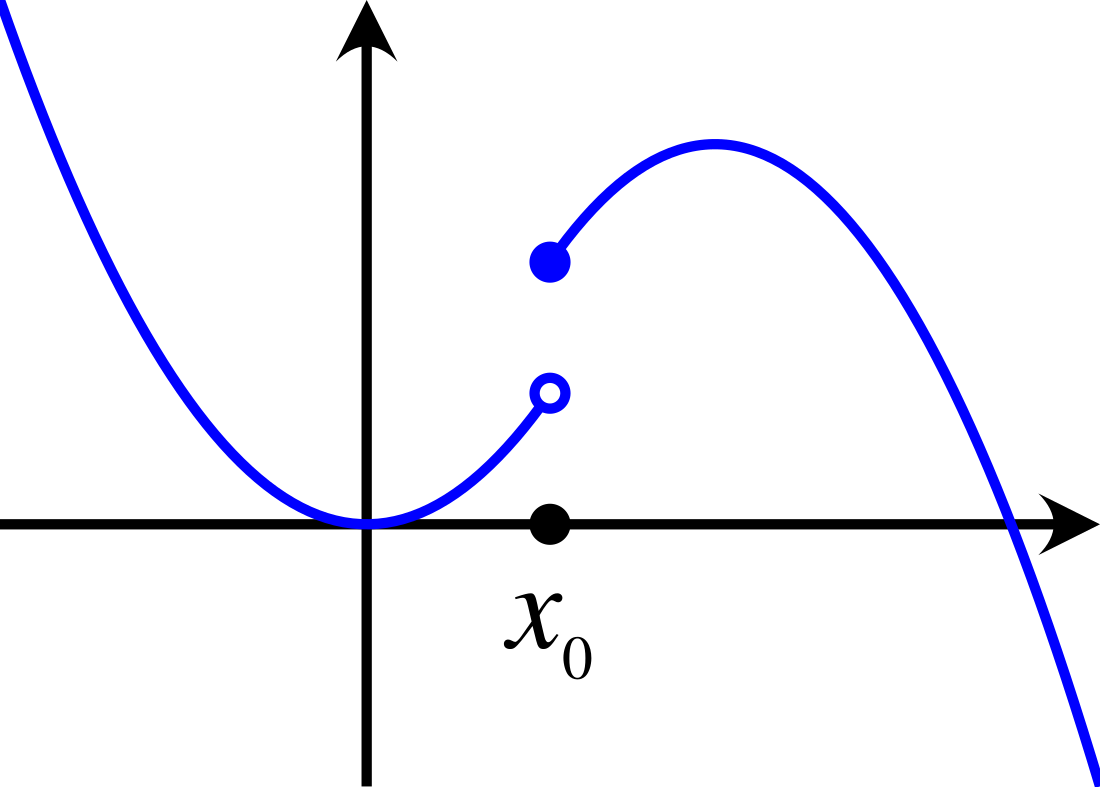Top Qs
Timeline
Chat
Perspective
Fenchel–Moreau theorem
Mathematical theorem in convex analysis From Wikipedia, the free encyclopedia
Remove ads
In convex analysis, the Fenchel–Moreau theorem (named after Werner Fenchel and Jean Jacques Moreau) or Fenchel biconjugation theorem (or just biconjugation theorem) is a theorem which gives necessary and sufficient conditions for a function to be equal to its biconjugate. This is in contrast to the general property that for any function .[1][2] This can be seen as a generalization of the bipolar theorem.[1] It is used in duality theory to prove strong duality (via the perturbation function).

Remove ads
Statement
Let be a Hausdorff locally convex space, for any extended real valued function it follows that if and only if one of the following is true
- is a proper, lower semi-continuous, and convex function,
- , or
- .[1][3][4]
Remove ads
References
Wikiwand - on
Seamless Wikipedia browsing. On steroids.
Remove ads







